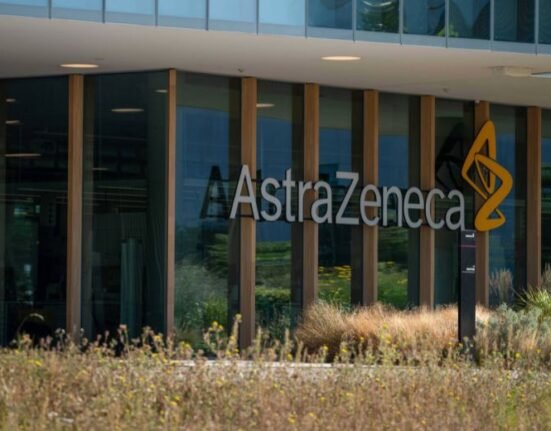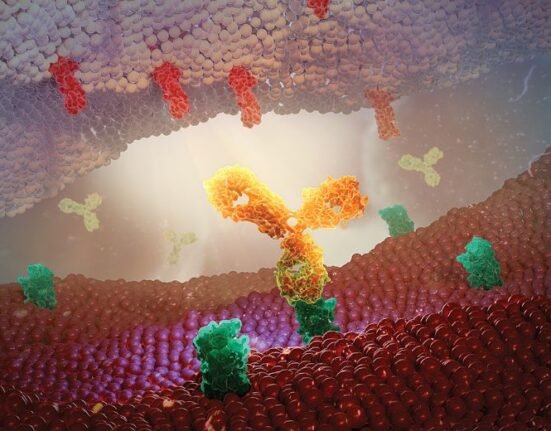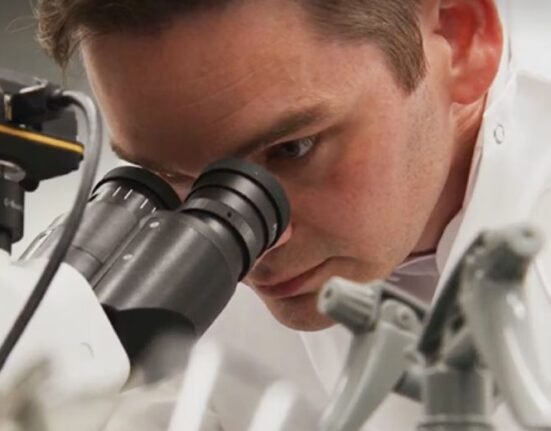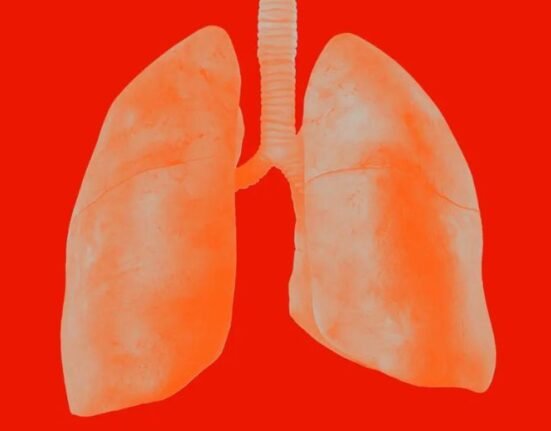HQ Team
March 17, 2025: The Phase III CALYPSO trial, led by Alexion, AstraZeneca Rare Disease, has shown promising results for eneboparatide (AZP-3601), a potential new treatment for chronic hypoparathyroidism (HypoPT).
The drug met its primary goal at 24 weeks, significantly improving calcium levels and reducing the need for standard treatments like vitamin D and calcium supplements compared to placebo.
What is hyperparathyroidism?
HypoPT is a rare condition where the body produces too little parathyroid hormone (PTH), leading to low calcium and high phosphate levels in the blood. This can cause muscle cramps, bone problems, and kidney issues. Worldwide, an estimated 1% to 2% of the population is affected by overt hypothyroidism, with a further 4-7% potentially having undiagnosed or subclinical cases.
CALYPSO Trial
CALYPSO is a global Phase III, randomised, double-blind, placebo-controlled, multicentre trial designed to evaluate the efficacy and safety of eneboparatide. The CALYPSO trial involved 202 adults with HypoPT. Participants were randomly assigned to receive either eneboparatide or a placebo, alongside standard care. After 24 weeks, eneboparatide successfully normalized calcium levels and reduced reliance on traditional therapies. The drug was also well-tolerated by patients.
All participants are now receiving eneboparatide in a long-term extension phase, with full results expected at 52 weeks.
Eneboparatide (AZP-3601)
Eneboparatide (AZP-3601) is an investigational parathyroid hormone (PTH) receptor 1 agonist for the treatment of chronic hypoparathyroidism (HypoPT). It is designed to bind with high affinity to a specific conformation of the PTH receptor 1 to restore PTH function to manage the symptoms of HypoPT, while preserving kidney function and bone health.
Alexion plans to share the 52-week data with health authorities and present findings at medical conferences. Eneboparatide has already received fast track and orphan drug designations from the US Food and Drug Administration (FDA) and the European Medicines Agency (EMA), highlighting its potential as a breakthrough treatment.
Marc Dunoyer, CEO of Alexion, AstraZeneca Rare Disease, said, “These results show eneboparatide’s potential to address the unmet needs of HypoPT patients, who often face serious health risks.”
This trial marks a significant step forward in treating HypoPT, offering hope for improved quality of life for patients worldwide.
Alexion, AstraZeneca Rare Disease, is the rare disease-focused group within AstraZeneca, formed after AstraZeneca’s 2021 acquisition of Alexion Pharmaceuticals, Inc. It is focused on the discovery, development, and delivery of life-changing medicines. A pioneering leader in rare diseases for more than three decades, Alexion continues to build a diversified pipeline across disease areas with significant unmet needs








